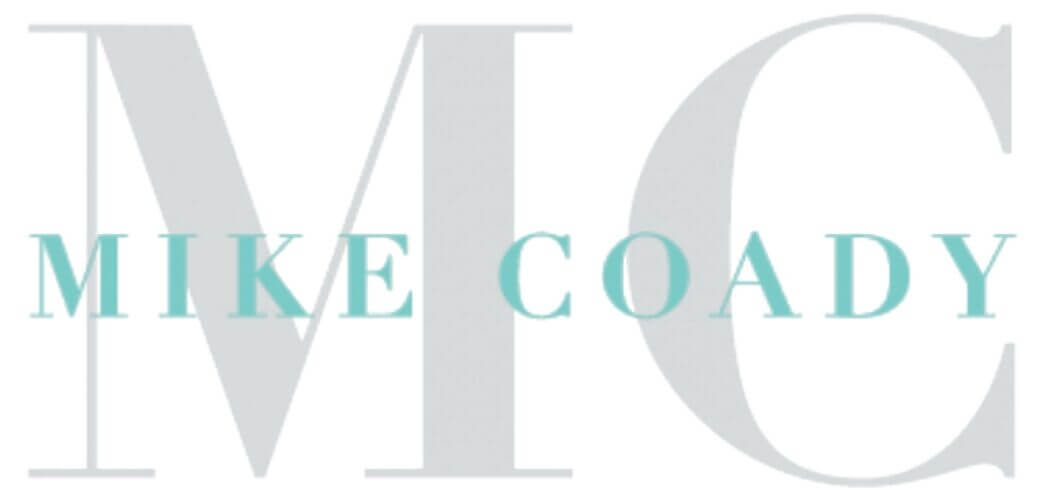

Home A Comprehensive Weekend Financial Health Check for Western Expats


A Comprehensive Weekend Financial Health Check for Western Expats
|
Getting your Trinity Audio player ready... |
As an expert financial adviser with extensive experience in helping professional Western expats across the Middle East. I understand the importance of staying on top of your financial affairs and becoming financially organised. Your weekend provides the perfect opportunity to assess your financial situation and ensure you’re on the right path to achieve your financial goals. In this in-depth, personalized article, I will walk you through a detailed financial health check, combining technical know-how with practical advice to empower you to make the most of your hard-earned money.
1. Wills, Trusts, and Guardianship
The unexpected can happen at any time, so it’s essential to have a valid will in place. Review your will and make any necessary updates, including changes in assets, beneficiaries, or personal circumstances. Consider setting up a trust to protect your assets and minimize potential inheritance tax liabilities. If you have children, ensure you’ve appointed legal guardians and outlined their responsibilities in case anything happens to you.
2. Debts, Mortgages, and Interest Rates
Debt management is a crucial aspect of your financial health and becoming financially organised. Evaluate your debts, paying particular attention to high-interest liabilities such as credit cards, and consider consolidating or refinancing to secure better rates. For mortgages, research the latest interest rates and terms, and investigate the potential benefits of refinancing.
3. Maximizing Savings and Interest Earnings
Analyze your savings accounts, fixed deposits, and money market funds to ensure they’re earning the best interest rates possible. Consider diversifying your savings across different currencies or assets to minimize risks associated with economic fluctuations.
4. Budgeting, Tracking Expenses, and Financial Goals
A well-planned budget is the cornerstone of sound financial planning. Review your current budget and compare your actual expenses to your planned ones. Identify areas where you can cut back or reallocate funds to achieve your short- and long-term financial goals. Use budgeting tools and apps to track your spending and adjust your budget as needed. This is one of my most important parts of becoming financially organised – you have got to know where your money is going!
5. Retirement Planning and Pension Schemes
Assess your current retirement plans, including employer-sponsored pension schemes, personal pensions, and investments. Evaluate your projected retirement income and ensure you’re contributing enough to achieve your desired retirement lifestyle. Diversify your investments to protect against market volatility and consider seeking professional advice to optimize your retirement strategy.
6. Investment Portfolio Management
Regularly reviewing your investment portfolio is essential for staying on track with your financial goals. Evaluate your assets’ performance and diversify your investments across asset classes, geographic regions, and industries to spread risk. Consider re-balancing your portfolio to maintain your desired risk tolerance and adjust your strategies as your financial objectives evolve.
7. Insurance Policies and Emergency Funds
Review your existing insurance policies, such as life, health, and income protection, to ensure they provide adequate coverage for you and your family. Keep in mind that local insurance regulations in the Middle East may differ from those in your home country. Additionally, maintain an emergency fund with the worth of living expenses to safeguard against unexpected events such as job loss or medical emergencies.
8. Tax Planning and Compliance
As an expat, it’s crucial to stay informed about tax regulations in both your host country and your home country. Consult with a tax professional to ensure you’re compliant with all relevant tax laws and take advantage of any available tax breaks or deductions. Proper tax planning can significantly impact your overall financial health.
9. Estate Planning and Inheritance
Estate planning is especially important for expats, as different countries may have varying inheritance laws. Consult with a legal professional to navigate the complexities of international estate planning and ensure your assets are distributed according to your wishes upon your passing.
10. Future Goals and Financial Milestones
Take some time to reassess your financial goals and quantify your future plans, such as purchasing property, funding education, or traveling extensively during retirement. Develop a comprehensive roadmap that outlines the financial implications and requirements of these goals and adjust your strategies accordingly.
Conclusion:
Your financial well-being plays a significant role in your overall quality of life. Dedicate time this weekend to conduct a comprehensive financial health check and ensure you’re on track to achieve your financial goals. Remember, the effort you invest today will pay dividends in the future.
Call to Action:
Don’t wait for the perfect moment – start now! Share your progress and insights with your fellow expats and encourage others to take control of their financial future as well and enjoy the feeling of becoming financially organised.
About Mike Coady
Mike Coady is an expat expert based in Dubai and is on hand to help with all of the above and more.
Mike is an award-winning money coach and industry leader in the financial sector.
Qualified to UK Financial Conduct Authority (FCA) standards, a member of the Chartered Insurance Institute, a Founding Fellow of the Institute of Sales Professionals (FF.ISP), and a Fellow of the Institute of Directors (FIoD) and featured as a highly qualified Financial Adviser in Which Financial Adviser.
To learn how to choose a great financial adviser, download our free guide.
Blog published by Mike Coady.
Related
You May Also Like


43 Top Money-Saving Tips for Western Expats in the Middle East – A Comprehensive Guide
Navigating the cost of living as a Western expat in the Middle East can be a unique challenge,...


The Expat Investor’s Guide Beyond the S&P 500
Introduction Hello from Dubai! I'm Mike Coady, an experienced financial adviser and money coach. In my extensive interactions...


EXPATS: Why Bother with a Financial Adviser?
Introduction: Who needs a financial adviser, right? After all, managing complex financial matters such as wills, insurance, investments,...
DISCLOSURE:
mikecoady.com, the website, does not provide financial, investment or tax advice. It is specially designed to provide its users with general information. It does not give individual or specific advice on which products or services are the most appropriate for an individual’s particular circumstances. We may from time to time publish content on this site that has been created by affiliated or unaffiliated contributors.






